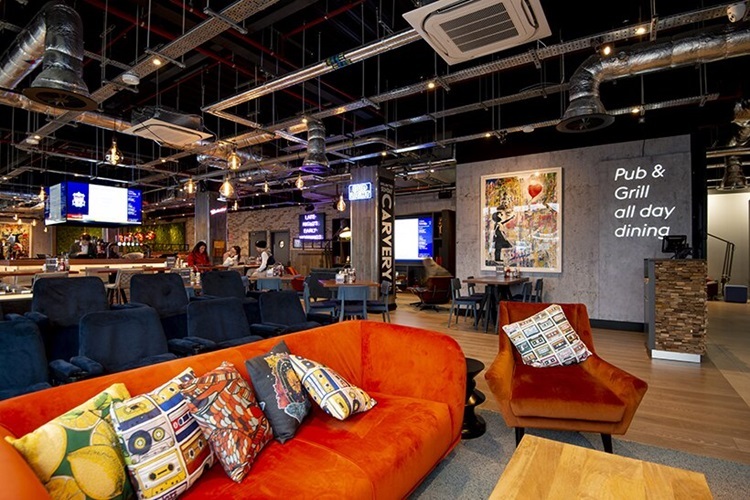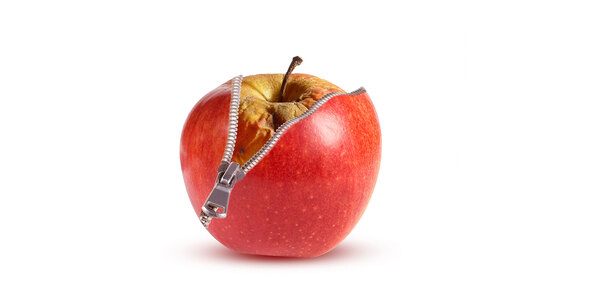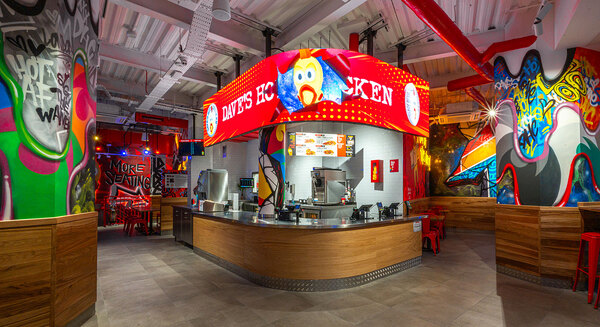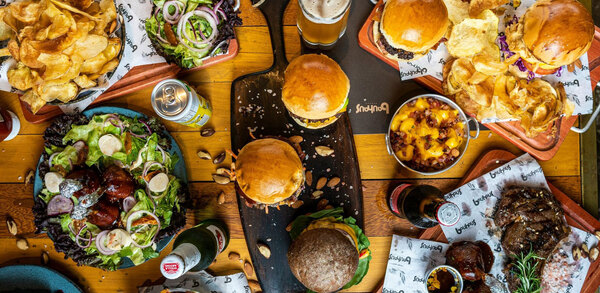Viewpoint: Guard against no-shows this Christmas
With spending in restaurants down, operators need to hang on to every single booking to make this a happy Christmas, says Kirsty Morris
The past couple of years have been hard on the leisure industry and the challenges aren’t letting up, with inflation and the rising cost of living impacting consumer’s disposable income.
Spending in restaurants declined by 10.8% in September according to Barclay’s Consumer Spending Index – compared to -5.8% in August – showing that consumers are increasingly exercising restraint. The index also revealed that 44% of Brits are planning to reduce their discretionary spending over the next couple of months so they can save money for the upcoming festive period, with eating out at restaurants the most frequently cited cutback (60%).
Although the festive season is one of the busiest times of the year for the hospitality industry, with macroeconomic and inflationary pressures threatening footfall, it’s more important than ever that businesses capitalise on Christmas parties and festive celebration bookings. But, with Barclaycard Payments research showing that businesses face a 40% increase in no-shows and cancellations since last year, hospitality profits have the potential to be hit with a double whammy of reduced spending and last-minute cancellations.
Our data found that 23% of restaurant owners consider last-minute cancellations to be one of the biggest issues facing the industry right now, followed by no-shows (22%). As a result, 18% have considered closing permanently – increasing to 36% for establishments in London – while many report an impact on food waste (56%), staffing challenges (34%), low team morale (24%) and being forced to close early (23%).
Communicate the cost of cancelling
Many don’t realise the effect a last-minute cancellation or no-show has on restaurants and their owners. By canvassing restaurateurs, we know that last-minute cancellations cost an average of £89 per diner that doesn’t turn up, and only 16% recover loss of earnings through cancellation fees.
Finding ways to educate diners on this could significantly affect consumer behaviour. According to the research, 27% of diners would be less likely to cancel if they knew the financial impact it has on restaurant owners, and 33% admitted they would be less likely to cancel a booking if they had been asked to pay a deposit, highlighting there are clear methods to deter customer cancellations and no shows. Other deterrents include taking card details when booking but not actually charging a fee, and taking an upfront deposit to put diners off not attending.
Send reminders and confirmations
Businesses can remind guests of their booking and confirm attendance through booking system technology. We asked consumers why they had previously cancelled at the last minute or hadn’t turned up to a booking and friends or family bailing was the top reason (11%). Deciding to stay in at the last minute (9%), forgetting about the booking (8%), rain (7%) or lack of a baby-sitter (5%) or dog sitter (6%) also featured. While there will always be uncontrollable factors, being reminded or asked to confirm and commit could help avoid those late cancellations, which in turn helps businesses plan accordingly.
Make cancellations easy
Having a convoluted cancellation policy can frustrate diners and results in no-shows. Our research found that 19% feel too awkward to speak to a venue on the phone to alert them to a change in plans, so SMS and online cancellation processes need to be easy to follow.
Only 34% of restaurateurs currently take card details when booking and charge a cancellation fee if a customer does not turn up. Restaurateurs looking to take a deposit during the online booking process can do so by partnering with a provider such as Barclaycard Payments. Businesses can also access digital services such as pay-at-table technology, customer insights or secure and quick customer payment experiences.
Kirsty Morris is managing director at Barclaycard Payments





















